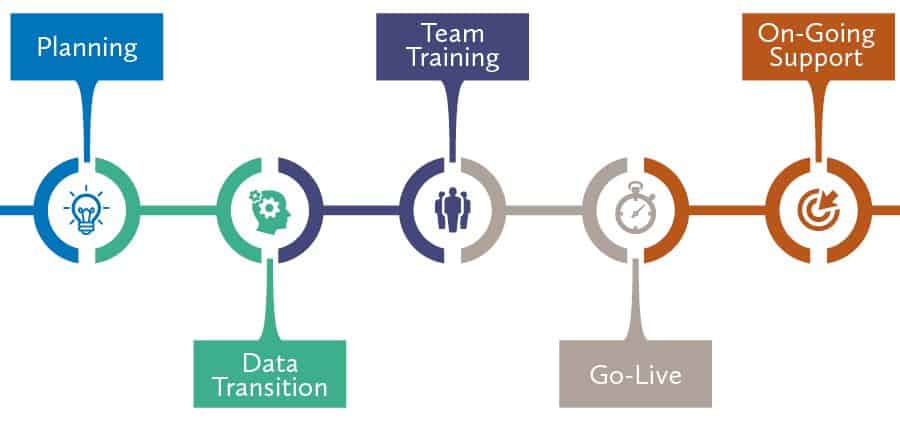Printer Friendly PDF HealthDirect supports the annual Falls Prevention Awareness Week with our daily tips and statics that highlight the outcomes of falls, strategies to reduce or preventative falling incidences, and how check-ups and reviewing medication treatments...












